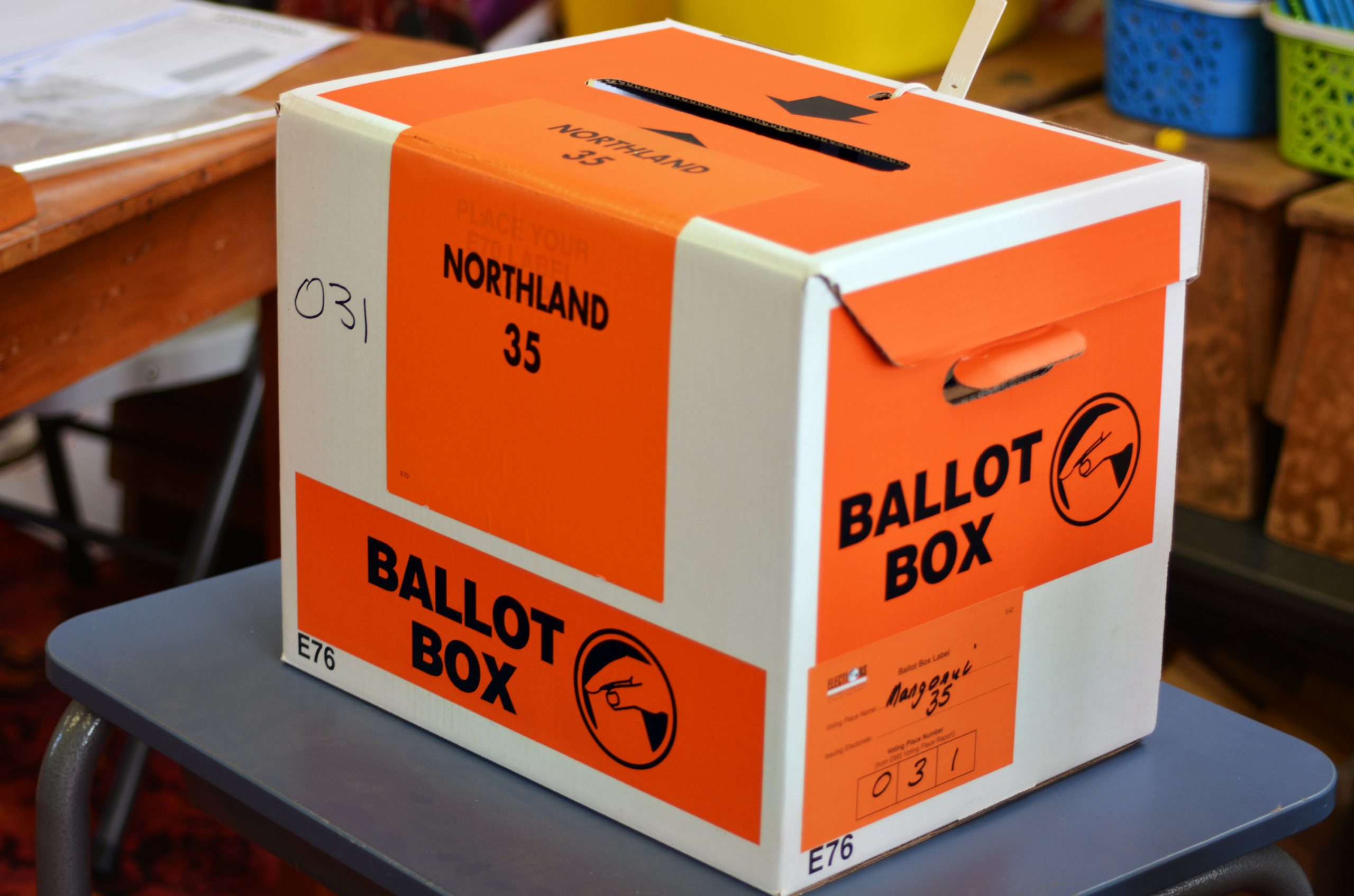Relentless keyboard warriors, being forced to unfollow Facebook friends and a raft of new memes: There is nothing like politics to bring out the best and worst of social media. Recently the world’s social media has had Trump, Brexit, more Trump, a guy called Jeremy Corbyn to rage, celebrate and meme about… Now it’s New Zealand’s turn.
This time next month we’ll have a new government, and while uncle Bruce might still be chuckling about those Taxinda posts he so wittily shared – we thought we’d take a more nuanced approach with a 2017 election social media roundup.
The biggest event of this year’s election was of course Jacinda Ardern being promoted, in what seemed like a last-minute decision, to the Labour leadership. “Jacindamania” ensued. From what was shaping up to be one of the most boring elections yet, suddenly a new – young, female – component captured the attention of the nation (and world) and Labour began climbing in the polls.
This “mania” was of course reflected in social media, with terms “Jacinda” and “Labour” quickly dominating political interactions on Facebook. While the true test of her popularity will only come at voting booths on September 23, we have seen from overseas examples the importance of social media for sharing information pre-election.
Fake news in its true sense was a strange – and dangerous – phenomenon of the US elections where false information was purposely distributed on social media to sway voters’ opinions on politicians. Since that election it has emerged that thousands of fake Russian accounts was behind the pro-Trump campaigns, and Facebook has clamped down on the practice. In fact, ahead of our election, Facebook briefed our political parties and media organisations about fake news here.
Though no evidence has so far arisen to suggest fake news is being spread, something experts put down to Kiwis’ focus on policy over personality. The only thing sort-of-kind-of-not-really (but I needed a segue) close to it was National’s finance man Steven Joyce’s assertion that Labour’s budget for had “an $11.7 billion hole”. This sent everyone – especially social media – into a frenzy. Economists came forward to say there was no hole, Hilary Barry grilled him on the economists weighing in that there was no hole, charts and tables and graphs were tweeted and shared.
We think this tweet best sums it all up.
new zealand: “americans are so dumb lol trump”
national: “labour has a $11.7 billion hole in its fiscal plan”
nz: “sounds good to me”— David Farrier (@davidfarrier) September 13, 2017
The tweet, and others like it, is one of many examples of the benefits of social media as a platform for democracy. With a click of a button, you can get short, incisive political commentary; you can read the mood of the audiences; you can have a voice.
…And you can get lols.
One person taking this to great heights is Kiwi comedian Thomas Sainsbury. His Snapchat impressions of politicians and their constituents are hilariously en pointe. Whether it’s Paula Bennett and her paninis, Judith Collins and her quest to take over the world or some brash stereotypes of voters – his videos will keep you entertained right up until time to enter the booth on Saturday.
https://www.facebook.com/thespinofftv/videos/1300485236727160
And then there are the memes.
Labour supporters, National supporters, NZ First, Act and Green supporters have been warring with memes. Our favourite page though takes a more balanced approach to the targets of its joke – taking the mickey out of, well, everyone.
After all, there is nothing like balanced political reporting.


By leaving a comment you agree with the storage and handling of your data by this website. You can learn more about how we handle you comment information in our Privacy Policy. We are using Akismet to reduce comment spam. Learn how they process your comment data.